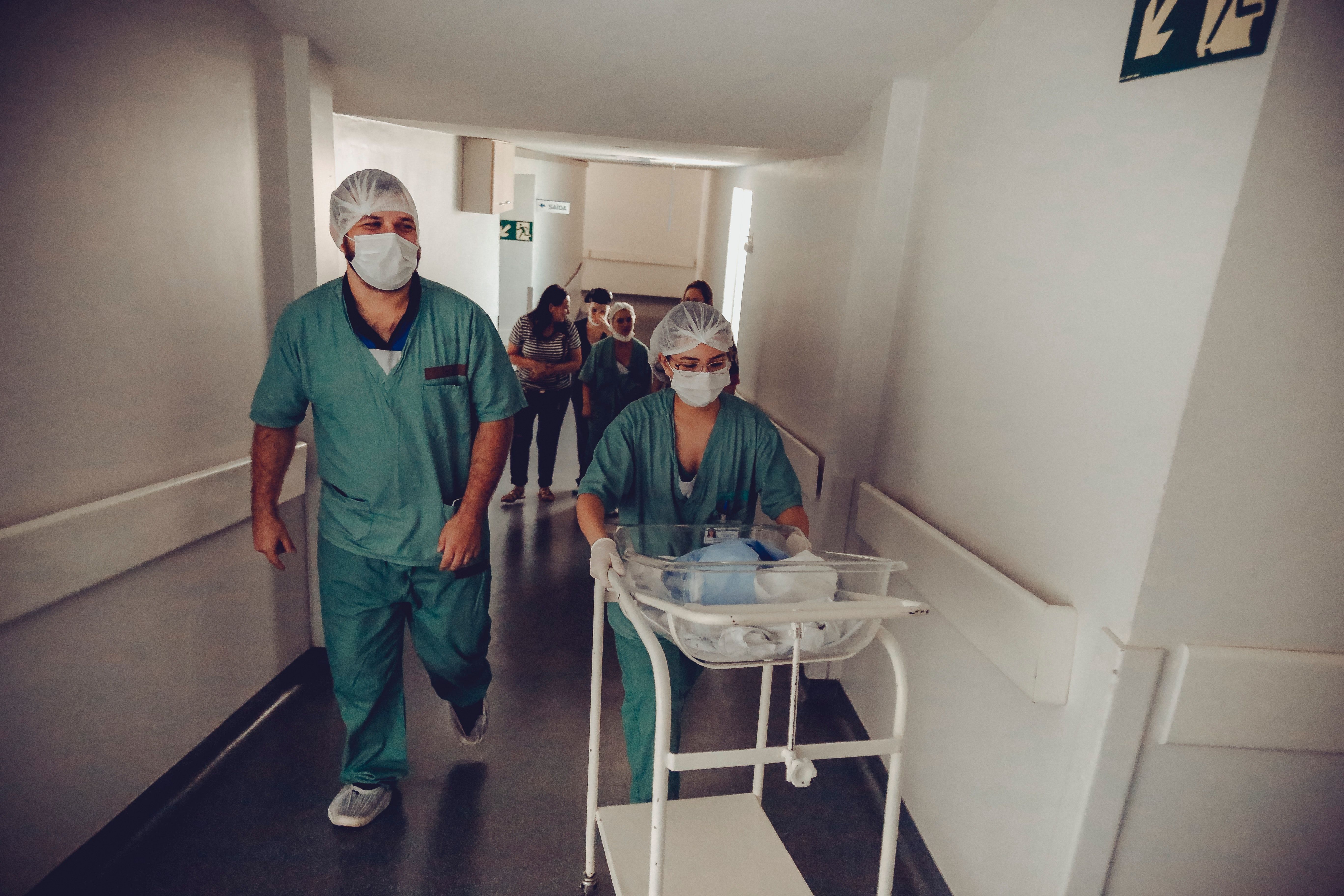Article
C Difficile Cases Down Due to Enhanced COVID-19 Measures
Author(s):
CDI rates remained down in 2020 despite an increase in antibiotic use during the pandemic.

Masking, patient and visitor access restrictions, and all the other mitigation measures put in place during the COVID-19 pandemic has contributed to a precipitous drop in Clostridioides difficile infections (CDI).
A team, led by Simona Sipos, Department of Pharmacology, ‘Victor Babes’ University of Medicine and Pharmacy of Timisoara, analyzed whether the preventative measures put in place to curb the spread of COVID-19 may have affected the spread of healthcare-associated C difficile infections as well in a large regional acute care center.
Mitigation
When COVID-19 began to spread, hospitals around the world implemented new registrations in an effort to stop the spread. These recommendations included face masks, limiting the duration of interpersonal contact, disinfecting surfaces, creating hand hygiene stations with alcohol-based rubs and soap and water, and glove routes.
Other measures include designated routes and limits to unnecessary patient movement, reducing hospital lengths of stay, decreasing patient density, isolating patients as much as possible, an adherence to strict no touch-packaged meals, limiting outside visitors, and increasing the terminal disinfection of rooms.
“These multi-modal infection control strategies designed to contain the COVID-19 pandemic have had an unintended positive effect on other hospital-acquired infections,” the authors wrote. “It has been reported that these measures led to a significant decrease in cases of influenza, enterovirus, pneumonia MRSA, or central-line-associated bloodstream infection.”
The Study
In the study, the investigators reviewed electronic databases from March-November 2020, and compared the findings to the average values from the same months in 2018 and 2019. They also compared antibiotic use for 2020 compared to 2018 and 2019 monthly averages and identified the 7 most used antibiotics for each month in each department.
The antibiotics were counted as total doses and compared relative to the total monthly number of inpatients and hospital bed days.
During the 3 time periods, there were 111,743 patients admitted, taking up a total of 476,003 inpatient bed days.
A Drop in C Difficile Cases
The findings show for the 2020 study period there were 65 identified C difficile cases per 25,124 patients, compared to 151 cases per 43,126 patients from the 2018 and 2019 averages (P = 0.0484). In 2020, there were 265,5 cases per 1000,000 hospitalized patients and 354.5 cases per 100,000 bed days, compared to 354.4 and 80.8 from the control averages, respectively.
However, within the pandemic period, CDI cases decreased with the implementation of control strategies compared to 2018 and 2019, despite an increase in antibiotic use, a known C difficile risk factor.
The difference was statistically significant in antibiotic use compared relative to monthly inpatients (P = 0.0007; 95% CI, -2.35 to -0.76), as well as bed days (P = 0.0001; 95% CI, -0.75 to -0.32).
The further subset analysis during the lockdown period from March-May 2020 did show a clear decrease in C difficile cases. However, this difference was not statistically significantly (P = 0.1103) and for the months of recovery following the lockdown period, the number of cases was comparable to the control years.
There were 306 cases per 100,000 hospitalized patients in 2020, compared to 469 per 100,000 hospitalized patients from the 2018 and 2019 averages of the lockdown period.
In comparison to the months following lockdown, with August excluded because it was an outlier, the difference was not statistically significant (P = 0.9562) and per 100,000 hospitalized patients there were 282 and 291 cases, respectively.
“The results of the present study showed a decrease in C. difficile infections after the implementation of COVID-19 control strategies compared to previous years, despite an increase in antibiotic use,” the authors wrote. “The C. difficile cases decreased after the implementation of COVID-19 infection control strategies compared to previous years, along with an increase in antibiotic use.”
The study, “Impact of COVID‑19 prevention measures on Clostridioides difficile infections in a regional acute care hospital,” was published online in Experimental and Therapeutic Medicine.





